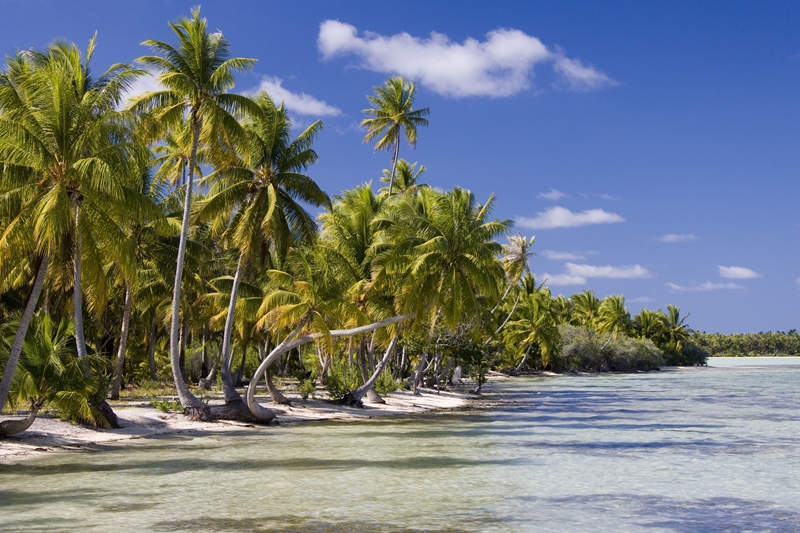How superannuation changes improve NZ-Pacific relations
The New Zealand Government has announced changes to superannuation for residents of the Cook Islands, Niue and Tokelau. To qualify for critical pension payments, residents of these nations will no longer have to live in NZ for five years after the age of 50.
While a small change in the grand scheme of things, this is an important part of the government's Pacific reset – and a big step towards better NZ-Pacific relations.
Superannuation changes for the Cook Islands, Niue and Tokelau
Under the previous rules (introduced in 2015), residents of these countries aged over 65 could qualify for NZ Superannuation or the Veteran's Pension only if:
They had been a resident of (and present in) New Zealand for at least a decade since they turned 20.
They had lived in New Zealand for at least five of those years after the age of 50.
They had demonstrably made New Zealand their home on a permanent basis for this period.
Under the change, this five-year stay when over 50 will no longer apply – an adjustment to come into effect in January 2019.

Radio New Zealand reports that 170 residents of the Cook Islands, Niue and Tokelau would be impacted in the first year of the change, steadily increasing to approximately 200 people by the year 2023.
In her announcement of the changes to over-50 requirements, Minister for Social Development Carmel Sepuloni noted that governments of these Pacific nations had lobbied for the change over the course of several years.
"This Bill responds to concerns that the current five years over 50 requirement is a disincentive for Cook Islanders, Niueans and Tokelauans to remain in their employment and to participate in their home communities after having lived in New Zealand when younger," she noted.
"It is expected that removing the five years residence in New Zealand over the age of 50 requirements will help boost economic development and human resource capacity by allowing highly skilled people to continue contributing to their communities in these Pacific islands."
The changes will additionally apply to New Zealanders who are also residents of the Cook Islands, Niue or Tokelau.
Pacific superannuation changes in the context of the reset
Changes to super in the Cook Islands, Niue and Tokelau have not happened in isolation. In his own media release on the issue, Minister for Foreign Affairs Winston Peters acknowledged New Zealand's close ties with these nations, and our own government's need to provide ongoing economic and social support wherever possible.
This is very much of a piece with the recently announced Pacific reset, in which Peters and Prime Minister Jacinda Ardern expressed a desire to get a fresh, positive start in the way we work with our closest neighbours. By relaxing rules around superannuation, the government has given back to Pacific communities at a very necessary level.
At a business level, the retention of skilled individuals can foster more training opportunities for younger generations in these three nations. With only a few hundred people set to qualify, the change is also unlikely to have a widespread economic hit to the government's budget.
Stronger communities and stronger skill resources are foundational aspects of a thriving economy, and New Zealand's change bodes well for further actions under the Pacific reset. To find out more about what's changing for our closest neighbours and enquire about your own Pacific experience, make sure to get in touch with the team at Tradestaff Global today.







